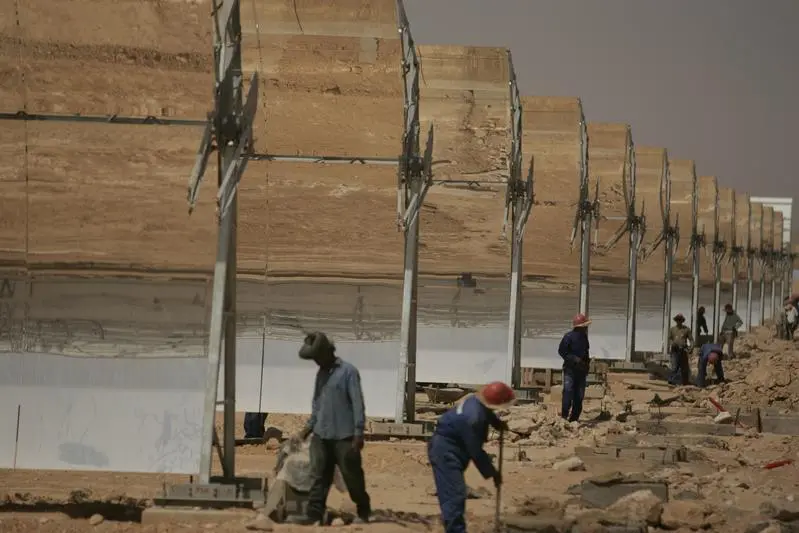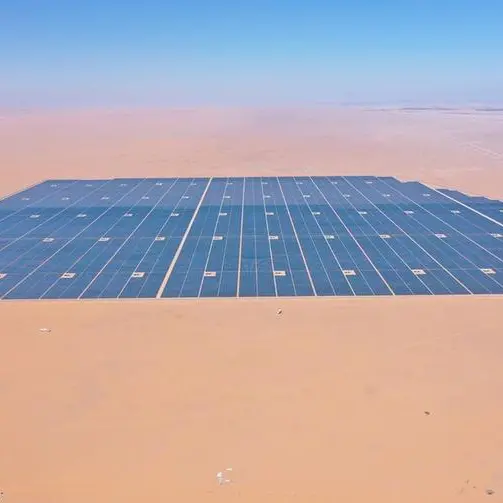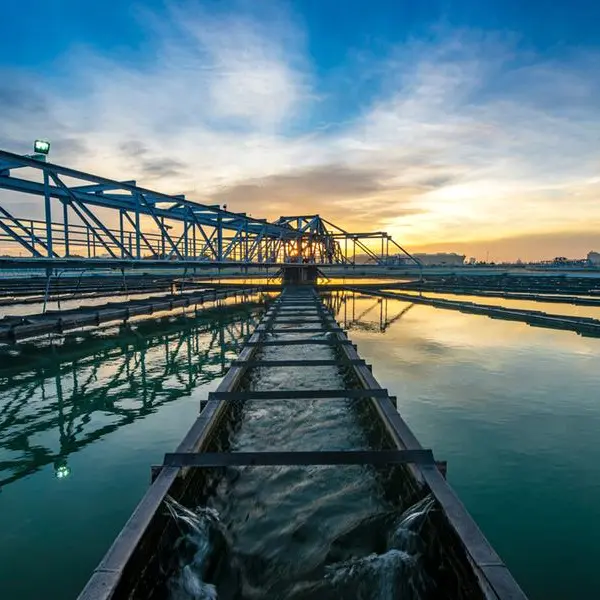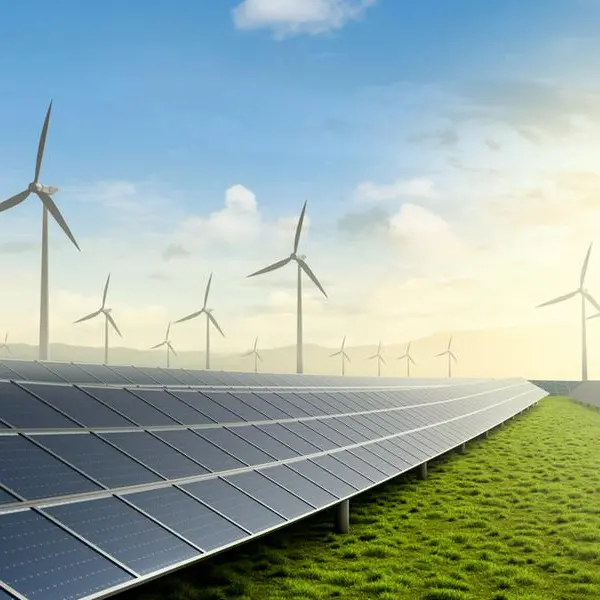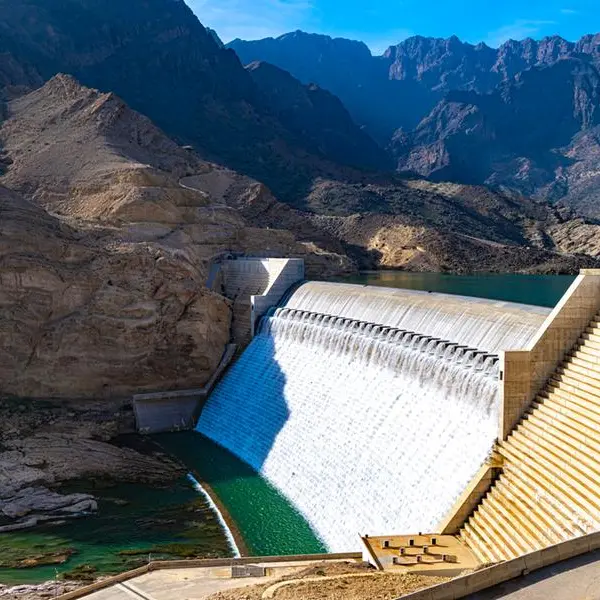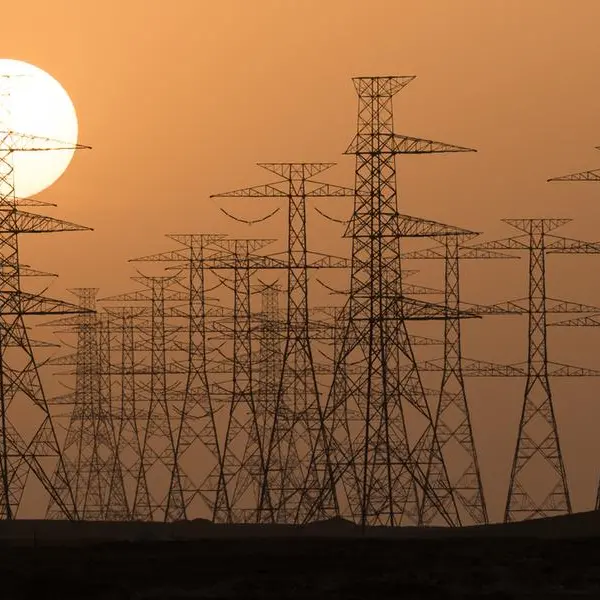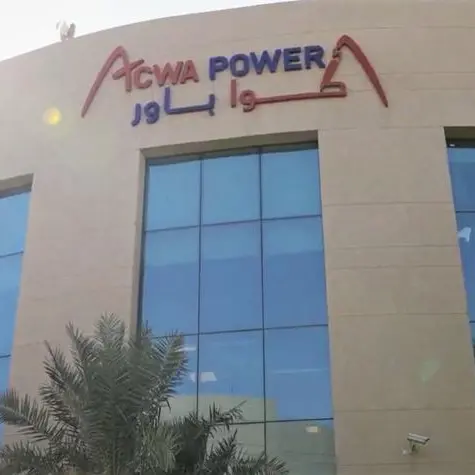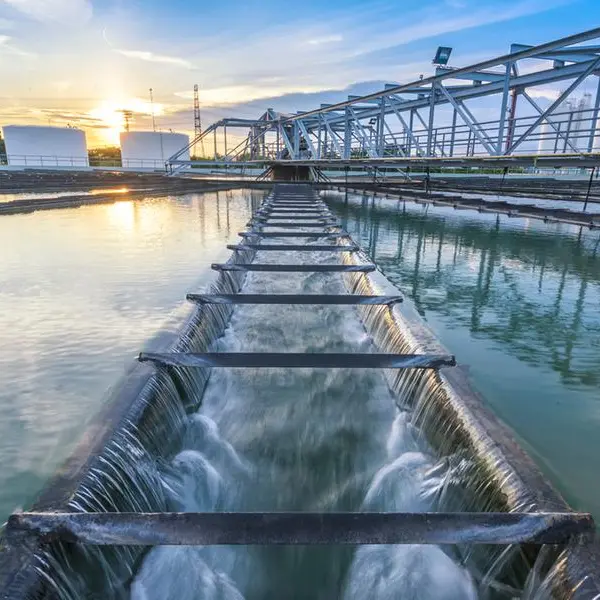PHOTO
UK-based Xlinks has officially withdrawn its application for a £25 billion ($34 billion) Morocco–UK power interconnection project, after the UK Department for Energy Security and Net Zero (DESNZ) decided not to advance a Contract for Difference (CfD) scheme to back the initiative, Moroccan news website yabiladi.com reported last week.
In a letter submitted to the British Planning Inspectorate on 1 July, the company stated it was formally withdrawing the application submitted in November 2024, which was accepted for examination in December 2024, yabiladi.com said in its report.
The mega project aimed to deliver 3.6 gigawatts (GW) of despatchable solar, wind, and battery energy from Morocco to the UK through a 4,000 km subsea high-voltage cable.
Reuters had reported on 26 June that the UK government backed out of the project after deeming it to be not in the national interest due to a lack of alignment with the government’s strategic objective to prioritise domestically generated energy.
Xlinks, chaired by Sir Dave Lewis, had expressed ‘huge surprise and bitter disappointment’ at the government’s decision to walk away from a designated ‘Nationally Significant Project.’
In a statement published on Xlinks website, Lewis had said the project garnered over £100 million of funding from top energy firms for project development while lender demand to participate in the construction phase exceeds the company’s requirements.
Investors in the interconnection project included US-based GE Vernova, the UAE’s Abu Dhabi National Energy Co. (TAQA), France’s TotalEnergies SE and the UK’s Octopus Energy.
A Final Investment Decision (FID) was expected this year.
“We are now working to unlock the potential of the project and maximise its value for all parties in a different way,” Lewis said in the statement without further elaboration.
According to the Xlinks statement, the project has been designed to reduce wholesale electricity prices by over 9 percent in its first year; bring in £20 billion of socio-economic value, including a £5 billion injection into the UK’s green industries; provide 8 percent of the UK’s electricity; cut power sector CO2 emissions by nearly10 percent in its first year; and increase energy security through increased diversity of supply and reduced reliance on imported gas.
(Writing by Majda Muhsen; Editing by Anoop Menon)
Subscribe to our Projects' PULSE newsletter that brings you trustworthy news, updates and insights on project activities, developments, and partnerships across sectors in the Middle East and Africa.
